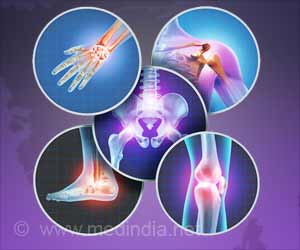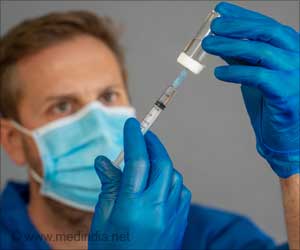Self-collected saliva samples reliably detect COVID-19/coronavirus, similar to nasopharyngeal or oropharyngeal swab.

‘Self-collected saliva samples reliably detect COVID-19 virus, similar to nasopharyngeal or oropharyngeal swab. This method provides a cheaper and less invasive option for viable sample collection at home, amongst this pandemic.
’





"The current pandemic has placed a significant strain on the supply chain, from swabs to the personal protective equipment (PPE) healthcare workers need to safely collect samples. The use of self-collected saliva has the potential to minimize healthcare worker exposure and decrease the need for specialized collection devices, such as swabs and viral transport media", says lead investigator Esther Babady, Ph.D., D(ABMM), FIDSA, director of the Clinical Microbiology Service at Memorial Sloan Kettering Cancer Center, New York, USA. COVID-19 Virus detected in Saliva Samples :
The study was conducted at MSK in New York City at the peak of the regional outbreak between April 4 and May 11, 2020. The study enrolled 285 MSK employees to be tested for COVID-19 as they had the viral symptoms or prior history of exposure to someone who had the virus.
Each participant provided paired samples: a nasopharyngeal swab and oral rinse; a nasopharyngeal swab and a saliva sample; or an oropharyngeal swab and a saliva sample. All samples to be tested were stored at room temperature and transported to the laboratory within two hours.
The agreement between the saliva test and the oropharyngeal swab was 93 percent, with a sensitivity of 96.7 percent. In comparison with the nasopharyngeal swab, the agreement of the saliva test was 97.7 percent, with a sensitivity of 94.1 percent. Oral rinses were only 63 percent effective in detecting the virus, with an overall agreement with a nasopharyngeal swab of only 85.7 percent.
Advertisement
"The use of self-collected saliva provides a cheaper and less invasive option for viable sample collection. It's certainly easier to spit in a cup twice a week than undergoing frequent nasopharyngeal swabs. This can improve patient compliance and satisfaction particularly for surveillance testing, which requires frequent sample collection. Since we also showed that the virus was stable at room temperature for at least 24 hours, saliva collection has potential for use at home", says Dr. Babady.
Advertisement










